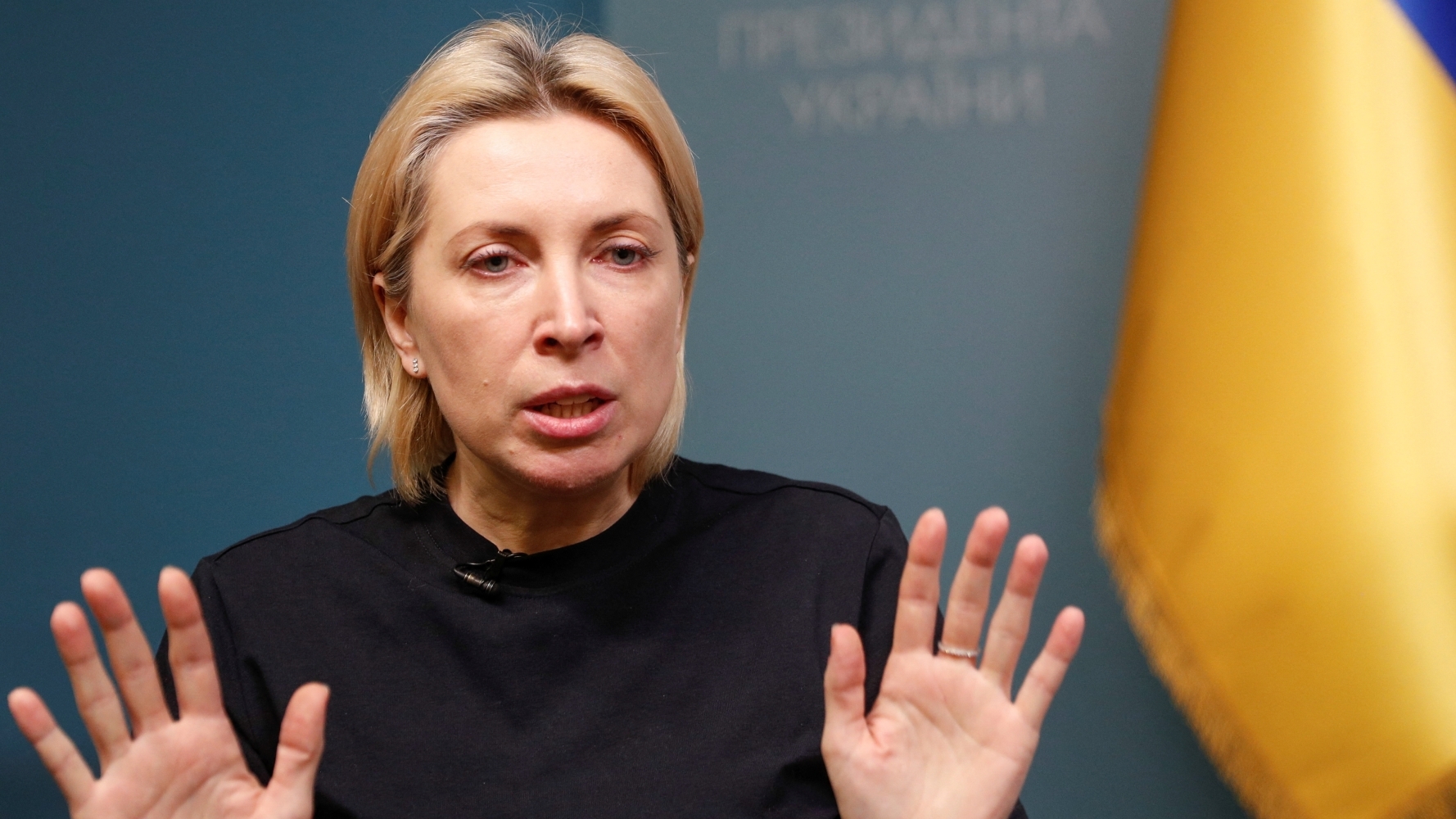The Deputy Prime Minister of Ukraine asks her compatriots to leave Crimea. "Wait for the peninsula to be occupied"
Estimated reading time: 3 minutes
On Saturday, Ukrainian Deputy Prime Minister Iryna Vereshchuk appealed to her compatriots to "leave Crimea if possible". The deputy head of government's appeal is related to Ukraine's recent actions.

Deputy Prime Minister and Minister for Temporarily Occupied Territories Iryna Vereshchuk
In a recent Telegram update, Deputy Prime Minister and Minister for Temporarily Occupied Territories Iryna Vereshchuk once again urged Ukrainians to leave Crimea if possible. She advised them to wait in controlled territory or seek refuge in third countries until the peninsula will be liberated from occupation.
Rocket Strikes Shake Sevastopol
The tensions in Crimea escalated when Ukrainian rockets struck the main headquarters of the Russian Black Sea Fleet in Sevastopol. Ukrainian intelligence reports indicated that the attack resulted in the loss of 9 Russian officers, with 16 others wounded, including generals. On the following Saturday morning, explosions were heard in Russian-occupied Sevastopol, and residents reported seeing smoke rising from the seaside area of the city. The Russian occupation authorities claimed that they had successfully thwarted the Ukrainian missile attack.
This week witnessed further Ukrainian attacks on Russian military installations in Crimea, involving missiles and drones. Among the weaponry used were Storm Shadow missiles, and the assaults included significant damage to two Russian ships, one of which was a submarine, moored in a Crimean port. Simultaneously, during the night, Russian forces retaliated with missile and drone strikes on civilian targets deep inside Ukraine, including in the Odesa and Dnipro Region. This resulted in over 30 people being injured due to the russian rocket fire on Kremenchuk on a particularly harrowing Friday.

President Zelensky's Pledge for Liberation and Reconstruction
Ukrainian President Volodymyr Zelensky remains steadfast in his commitment to reclaim Crimea and restore normalcy to the region. In a statement made in August, he affirmed,
"Crimea will be liberated, like all other parts of Ukraine currently, unfortunately, under occupation".
Zelensky emphasized the importance of recognizing that the land under Russian occupation represents the lives and futures of millions of Ukrainian families.
Ukraine's Advancing Forces
Zelensky also highlighted the ongoing progress of Ukrainian forces in advancing toward their objectives. He stated unequivocally that Ukraine is moving forward, irrespective of external perceptions, and called for international recognition of this fact. He suggested that Russia's eventual withdrawal from the occupied territories would be a testament to their weakness, and he hoped that Russian society would ultimately support the end of the occupation in Crimea.
The President outlined his vision for the post-occupation Crimea, promising to restore modernity and connectivity to the region. He pledged to reopen Crimea's ports and roads to Ukraine and the rest of the world, contrasting this with Russia's isolationist policies. Zelensky expressed confidence in international, national, and local Ukrainian companies ready to invest in Crimea once it is liberated.

Investing in Crimea's Future
Zelensky emphasized the need for modern infrastructure, technology companies, and a university in Crimea to replace the legacy of war criminals and corrupt officials. He envisioned a bright future for the peninsula, with high-quality living standards, dignified lives, and economic prosperity.
In conclusion, as tensions persist in Crimea, President Zelensky's unwavering determination to liberate the region and rebuild it with modernity, openness, and security offers hope for a better future for the people of Crimea and Ukraine as a whole.



